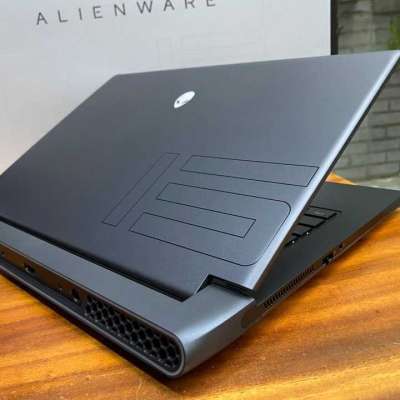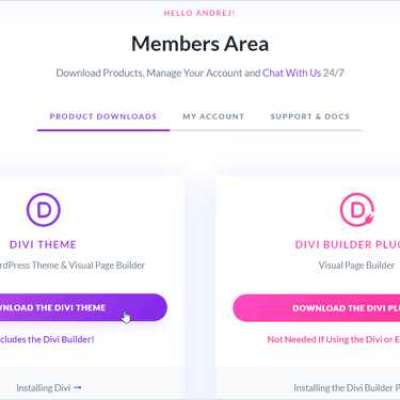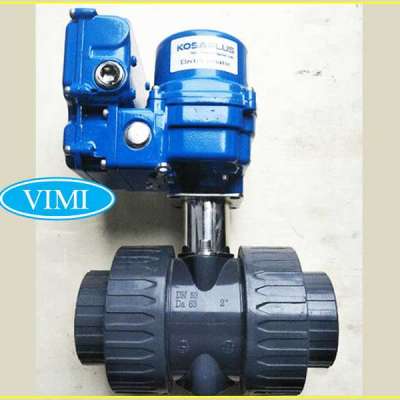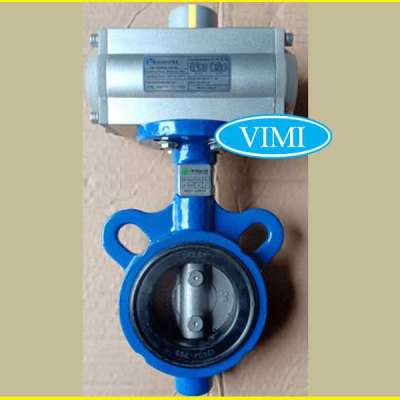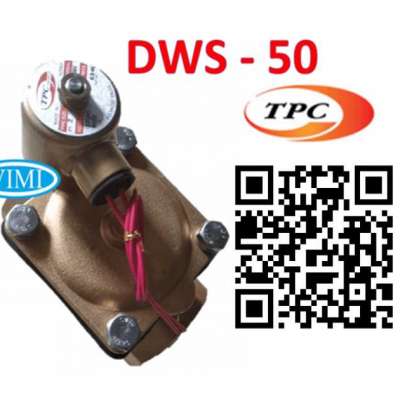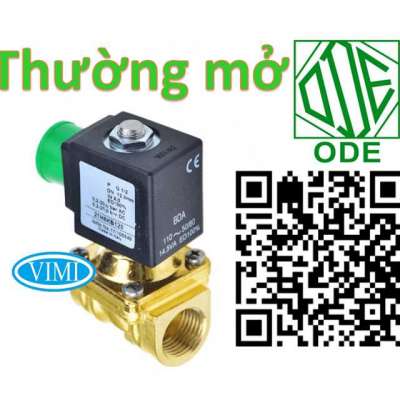Comparing AV Equipment Rental vs. Purchase Options
Introduction
For businesses, schools, and other organizations that need audio-visual (AV) equipment for events and presentations, there are two main options - renting equipment as needed or purchasing gear outright. Both rental and purchase have advantages and disadvantages to consider. This blog post will compare and contrast the rental vs purchase options for AV equipment. We'll examine factors like upfront costs, ongoing expenses, flexibility, equipment upgrades, and more. By the end, you should have a clear understanding of which strategy makes the most sense for your needs and budget.
Cost Considerations
Upfront Costs
When initially investing in an AV setup, outright purchase will always require a larger upfront cost than rental. Purchasing top-of-the-line projectors, screens, speakers, micros, mixers and other gear can easily run into the tens of thousands of dollars for a complete professional-grade system. Rental, on the other hand, allows you to acquire the same equipment for just the duration you need it without the huge initial investment. For infrequent users or those operating on tight budgets, rental is the more cost-effective short-term choice.
Ongoing Expenses
However, purchase does have long-term cost advantages over continuous rentals if usage is regular. Renting the same basic system month after month or event after event adds up over time. Ownership eliminates recurring rental fees. But purchased equipment also requires budget for ongoing maintenance, repairs if/when issues arise, and eventual replacement down the road. These long-run ownership expenses need to be factored against rental costs to determine the true multi-year cost difference. Break-even points exist where purchase wins out financially versus perpetual rentals.
Flexibility and Access
One major upside to rental is flexibility - you're not tied down to a fixed set of gear. If needs change or you require different/additional equipment than originally planned, rentals make it easy to adjust your setup on short notice. Owners, on the other hand, are limited to what they've purchased unless paying upgrade fees. Rental also guarantees access to the latest professional models, whereas purchased gear may become outdated over time compared to newer technology hits. This flexibility has value, even if it comes at a higher recurring fee.
Equipment Lifespan and Upgrades
Most professional-grade AV equipment has lifespan of 5-10 years with regular use if properly maintained. After this period, repair versus replacement decisions must be made by owners. Renters avoid this equipment upgrade cycle entirely since upgrading is covered in rental rates. But ongoing rental costs mount higher than straigt line depreciation of a single owned system. Eventually, total rental bill surpasses purchase/replacement costs - again revealing potential long term savings to ownership where usage is steady.
Staff Knowledge Requirements
Operating rented gear requires no in-house AV expertise typically - it arrives turnkey and is handled by the rental company's professionals. Purchased systems, however, demand capable operator knowledge and troubleshooting skills to get the most value. Training staff on owned equipment presents an additional soft cost and responsibility that rentals obviate. On the other hand, skilled in-house operators provide more flexibility.
Storage and Transportation
While rented AV equipment solves storage issues, transporting it to and from events requires dedicated staff/vehicle resources or shipping arrangements. Owned gear benefits from being permanently stored on-site, eliminating transportation logistics and associated labor/shipping expenses. However, large professional systems still require dedicated rack/flight case storage even when permanently located which ties up valuable space.
Risk and Downtime
If renting and a critical piece fails or is damaged before an important presentation, the rental company absorbs the risk and should be able to provide a replacement quickly to minimize downtime. As owners, any equipment issues become your problem - resulting in potential event cancellations/rescheduling if repairs take too long. Warranties mitigate this risk somewhat but outright failures still impose unplanned costs. Rentals transfer these risks completely to the rental provider in exchange for fees.
Licensing and Taxes
Certain specialized AV equipment like projectors may require calibration or have unique bulbs/lamps that are subject to various environmental regulatory licenses and taxes which can add ongoing hidden costs to ownership. Rentals relieve the customer of navigating any licensing red tape or tax compliance issues for owned gear.
Special Considerations
Portable vs Fixed Install
Rental makes a lot more sense for portable, event-based AV needs that are frequently set up/torn down versus fixed installed systems in dedicated facilities. Purchased projectors, screens, speakers mounted permanently in classrooms or conference centers see greater long-haul value from buying over renting month after month.
Usage Frequency
As mentioned above, frequent, steady use favors purchase whereas infrequent and irregular needs are better served by rentals to avoid added up costs of repetitive renting. Those using AV quarterly or fewer may never see return on investment from ownership at all.
Budget and Cash Flow
Organizations with limited cash on hand may prefer rentals to avoid large initial capital expense even if it proves somewhat costlier long run. An able to pay purchase price upfront gains advantages of lower lifetime costs but hurts initial budget/cash flow more. Rentals smooth expenses.
Resale Value
Generally, most pro-AV gear retains 40-60% resale value after 3-5 years if well cared for. So for sizable initial investments, future resale provides recouped capital to put towards new systems, again improving long term ownership economics for steady users. Rentals provide no residual value.
Support and Service
Rental invariably includes on-call support/service policies from professionals for any issues during events. Some purchase options, especially for commercial-level gear, provide similar multi-year comprehensive on-site support contracts adding further protection - though at increased upfront/annual costs. DIY service/repairs brings risks for purchased gear. Support is a key factor.
Best Options
After considering costs, flexibility needs, budgets and other factors, some general guidelines emerge for preferred rental versus ownership:
Rent for portable, infrequent event/meeting usage less than quarterly
Purchase for fixed installed, dedicated classroom/boardroom usage
Rent initially if unsure of long term needs, then re-evaluate ownership
Purchase if costs analyzed clearly favor it over 3-5 years
Rent specialized/complex gear, purchase basic core
Mix rentals and purchase to optimize flexibility and budgets
With a balanced view of total costs, control/flexibility priorities, and your unique situation, choosing the best AV strategy becomes clear - whether that's full rental, full purchase, or a blend. The right choice maximizes value and minimizes expense over the long run.
Conclusion
In summary, both renting and purchasing AV equipment have benefits that need weighing against your organization's needs, budget, and technology requirements. While rentals are simpler with lower upfront costs, ownership delivers greater economic benefits where technology use is regular, consistent, and long term. A thorough analysis comparing total costs, control, flexibility, and risk factors over 3-5 years helps determine the optimal strategy. With a full understanding of these options, you can implement the solution providing the best value for your unique circumstances.
Read Related:- https://www.linkedin.com/pulse..../av-equipment-mainte
Me gusta
Comentario
Compartir










